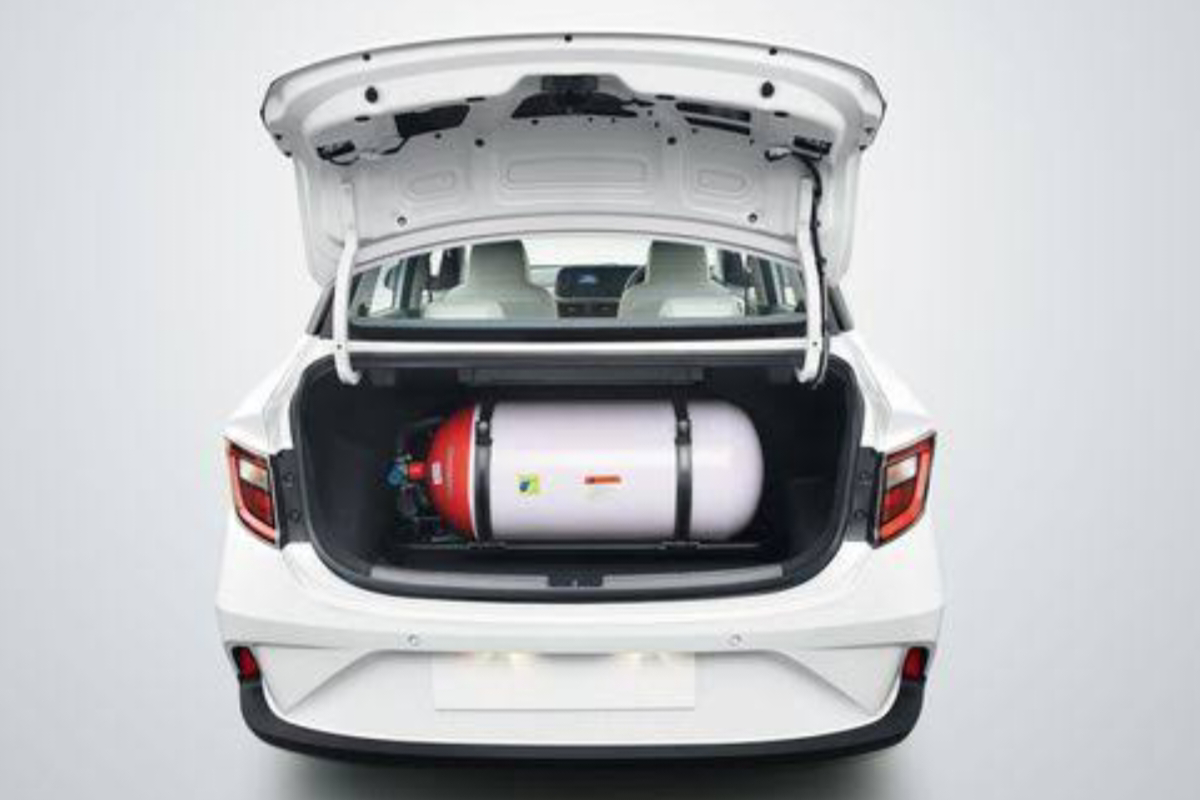CNG Cars: Modern automobiles are powered by internal combustion (IC) engines. While diesel engines use compression ignition, petrol engines employ spark ignition. With spark-ignited internal combustion engines, compressed natural gas (CNG) vehicles function similarly to gasoline-powered vehicles. Which engine arrangement is the most prevalent in contemporary automobiles? Can we utilise all three of the vehicles with the same safety measures, or do CNG vehicles require extra safety measures? Methane was first used for automobiles in the 1930s and is still used sometimes now. Natural gas vehicles (CNG and LPG) have seen significant market growth since 2008. This growth has been attributed to rising gas prices, the need to minimise air pollution emissions, and the fact that CNG vehicles are more fuel-efficient. Our goal is to inform you about the safety measures you can take when driving a CNG car throughout the summer.
How can you stay safe while using your CNG vehicle?
However, there are a few drawbacks to using CNG as an automotive fuel, such as a restricted range, a lack of infrastructure for filling, high initial expenditures, and safety issues. Owners of CNG cars should often inspect the fuel lines and cylinder for damage or leakage. Additionally, one should avoid overfilling the cylinder because this could cause a gas leak. Thus, in the summer, be cautious about filling the cylinder to a maximum of two thirds of its capacity. In hot weather, a filled cylinder can be lethal, because the expanding CNG increases the potential of an explosion.
Why CNG cars are much safer than the petrol/diesel vehicles?
An automobile equipped with a CNG kit is safer to drive than one powered by petrol or diesel. This is a result of CNG’s high auto-ignition temperature. This lessens the possibility that the car will catch fire. Additionally, compared to their diesel/petrol equivalents, the CNG refuelling stations are safer. However, it is imperative to always use a certified CNG kit and cylinder as using inferior cylinders and fittings is both unsafe and against the law. A CNG cylinder should never be installed in place of an LPG, propane, or other cylinder. It is against the law and dangerous.
Keep watching our YouTube Channel ‘DNP INDIA’. Also, please subscribe and follow us on FACEBOOK
